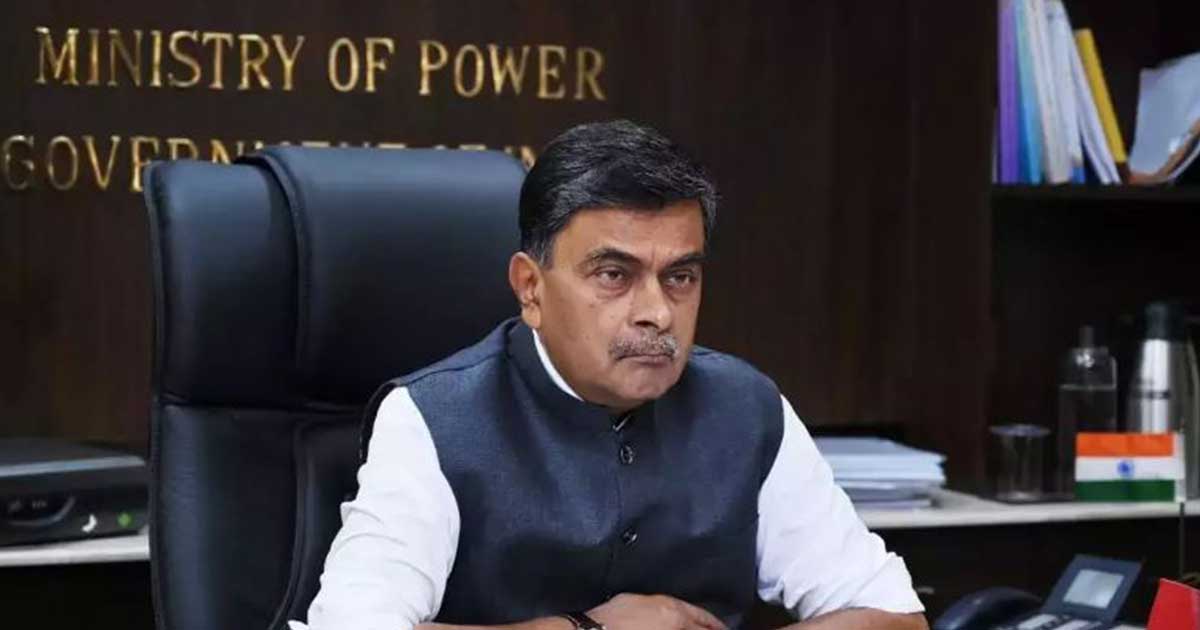Centre amends Electricity Rules to empower consumer
26 Feb 2024

The centre has brought about changes in the rules regarding distribution and consumption of electricity by amendments to the Electricity (Rights of Consumers) Rules, 2020, in a bid to empower consumers.
The amendments seek to reduce the timeline for getting new electricity connections and enable consumers in multistoried residential buildings to choose connection type, besides ensuring separate billing for common areas and back-up generators in residential societies, thereby enhancing transparency.
Consumers living in multistoried residential societies can opt for individual connections for everyone or a single-point connection for the whole premises.
Under the amended rules, new connections have to be provided within three days in metropolitan areas and within seven days in other municipal areas. In rural areas, the time line has been reduced to fifteen days while keeping it unchanged at thirty days for hilly areas.
The amendments also provide for checking meters that distribution companies install, in case of consumer complaints about faulty metres.
Announcing this, minister for power and new and renewable energy R K Singh said the amendments also provide for easier and faster installation of rooftop solar PV systems.
The amended rules exempt solar PV systems of up to 10 kW capacity from the requirement of technical feasibility study while reducing the time line for feasibility study to 15 days for systems above 10 kW capacity. In case the study is not completed within the stipulated 15 days, the project will be considered as approved.
Also, for solar systems of up to 5kW capacity, the additional expenses for strengthening rooftops have to be borne by the distribution company that develops the system
To speed up the installation process, the amended rules have reduced the timeline for commissioning rooftop solar PV systems from thirty days to fifteen days.
Further, there is a provision for obtaining separate electricity connections for charging electric vehicles.
The amendments to the electricity act are in tune with the country's goal of reducing carbon emissions and achieving zero emissions by the year 2070.


















